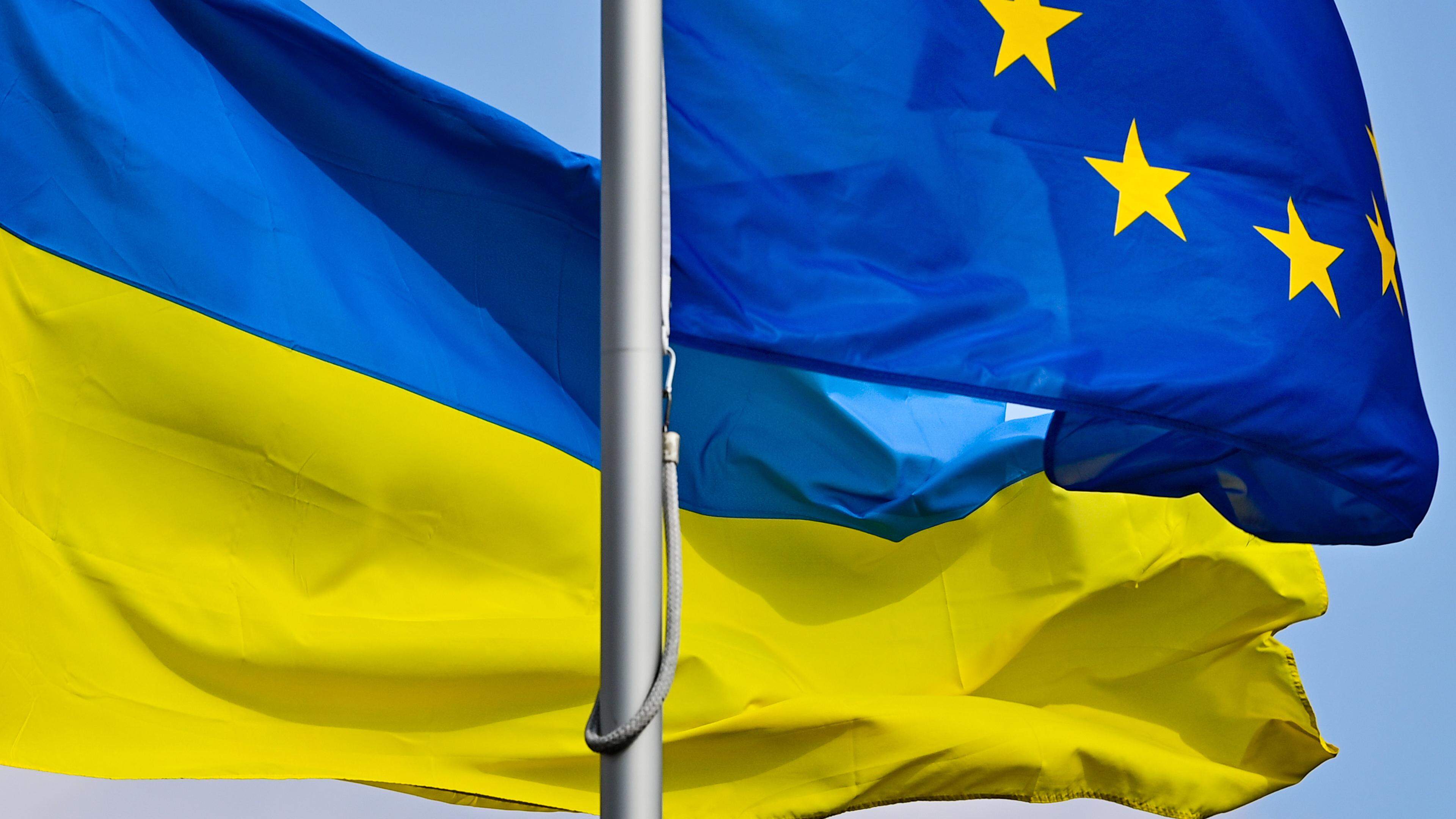Where will the Polish foreign policy take on the new president

Many things depend on the presidential election in Poland. The country is still recovering from the Eight -year Department of Law and Justice (PS) – a period marked by a democratic retreat and strained relations with Brussels and European capitals.
Following his victory over Writ in 2023, Prime Minister Donald Tusk led a remarkable restoration of Warsaw’s European commitment. The results of the second round on June 1 could either revive these efforts, or condemned them to slow but constant decay.
A brutal campaign is coming to the run -off in Poland
Rafal Trzhaskovsky from the Tusk Civil Platform party led in the studies, as well as after the first round. If he can continue this way, Tusk will be encouraged to strengthen Warsaw’s strategic redirection to the European Center. However, if the Pista candidate Carol Narotsky beat him, Tusk’s foreign policy program will face long -term obstacles. Although Narotsky is likely to support a pro -American and research approach, he could block Tusk’s efforts to make Poland a key player in the European Union.
Europe, maybe
Ever since he came to power, Tusk normalized his relationship with Brussels and has prompted some pro -European policies, especially in the field of security and defense. Warsaw has adopted European defense initiatives, provided Poland’s return to the Weimar Triangle with France and Germany, participated in the E5 (ed.

The current President, related to Pista Angje Duda, has failed to significantly restrict the reorientation of Tusk’s foreign policy, since no foreign policy laws have been adopted through parliament that he can veto. However, there will be enough opportunities in the next presidential term.
If Narotsky prevails – a figure who states: « I will be a president who will not agree (…) the European Union will be quasi -state and the Poles after ten years to be EU citizens of Polish origin » – Tusk can still maintain a pro -European program. The prime minister’s cabinet has the supremacy in the pursuit of foreign policy, even if the president is required. However, the risk lies in the presidential right of veto that Duda has exerted so far to block Tusk’s efforts for judicial reform. Narotsky is likely to use this veto not only to impede court reforms, but also to express his reserves to closer cooperation with the EU.
On the eve of the election, Pista leader Yaroslav Kachinski criticized Tusk’s decisions on Polish security, calling them « equivalent to giving Brussels and Berlin Polish money for arming and control over our army », claiming that Poland « could not agree to abandon the key attributes of our sutures. Narotsky, who followed his party in opposition to a more in-depth European security cooperation, is likely to support such rhetoric by veto a legislation that further approaches Poland to the EU.
Polish presidential election is a « yellow card » for the Tusk government
For example, a recent Poland cooperation agreement with France may be at risk as it requires presidential approval that Narotsky may not be inclined to give. Non-meraining the treaty would divert Poland from a very narrow group from the closest allies of France (Britain, Germany, Italy and Spain) before even being given the opportunity to join it. Narotsky would probably understand regional security cooperation as a cooperation with the UK, the Scandinavian and Baltic countries and Romania, not with the EU or France and Germany, considering Poland as a central European leader, not European.
America, always
However, the new president – whether it is Truzhaski or Narotsky – will not significantly change Poland’s approach to other key areas of foreign policy. Although the orientations of the two major parties differ in rhetoric, their key policies go beyond party divisions. Both are against migration, engaged in spending 5% of GDP for defense, opposing Russian influence and wanting the war in Ukraine to end without allowing future Russian aggression. Most importantly, they both tend to continue Warsaw’s close ties with Washington, no matter who is sitting in the oval office.

The Poles are constantly qualified as the most Pro-American nation worldwide and there is a consensus that Polish-American relations are a strategic priority that serves the country’s security interests. Tusk and Duda set aside their deep internal disagreements to attend Washington together during Joe Biden’s presidency, presenting a single diplomatic front. Narotsky also advocates for a stable transatlantic partnership.
Narotsky, who met with US President Donald Trump earlier this month, shares many more ideological similarities to the US president than his opponent. But in Poland, security reasons prevail over ideology. Even with Trump at the head, Tusk said « security cooperation with the United States is at its highest level. » At the end of April, Poland acquired 400 sophisticated air-to-air air-to-air missiles from the United States and contracts bridge agreement with Westinghouse-Bechtel for Poland’s first nuclear power plant.
However, Tusk tried to reduce Poland’s excessive security dependence in security, deepening defense and security partnerships with European countries. He met with Paris regarding the nuclear determination program, while his foreign minister stated that both NATO and the EU defend Polish sovereignty and not limit it. Truzhaskov reiterated the need for strategic overburring with Europe in response to Trump’s presidency, while this was absent from the political vision of PI.
Ukraine, mostly
Similarly, the positions of presidential candidates for Ukraine are similar at first glance. They both acknowledge the need to resolve the war with Russia and promise continued Polish support for Kiev if elected. Truzhaskov also focused on right positions, such as supporting the idea of limiting social assistance to Ukrainian migrants. However, he is inclined to prioritize security cooperation against Russian aggression, while his opponent wants to first have a post -historical reconciliation for slaughtering in the will, before agreeing to support the European integration of Ukraine.
The far -right in Poland set the conditions for presidential candidates
Narotsky’s victory will not prevent Tusk from participating in the coalition of willing countries supporting Ukraine. But both he and Tusk will not send Polish troops to Ukraine, especially since Tusk claims that this is not the right military and strategic solution, as it would exhaust Poland’s own defense. In addition, there is no consensus among Tusk’s coalition partners and the decision would be unpopular on the eve of the next parliamentary elections in the country. However, the Presidency of Truzhaskovsky may allow Tusk to be less on the occasion of Ukraine by increasing transfers of military equipment or deploying field staff in different format on Ukrainian territory.
Poland, divided
At home, Narotsky’s victory would significantly reduce the prime minister’s domestic political capital. Not only would this weaken the Tusk maneuvering space, it would also load its already fragile ruling coalition, as its members would probably have diverged in their opinion on how to respond to the opposition president, what to compromise and where to stand firmly. Disagreements are already dividing the coalition into issues such as civil partnerships and abortions, and support for the government is low (ed. – In March, a CBOS survey showed 36% support for the cabinet).

A period of joint existence at which a PI president may veto Tusk’s efforts to restore democratic institutions (a mandate he was elected) would probably bring him a loss of parliamentary elections in 2027. This would mean the end of Poland’s new role in « European States.
Conversely, the second defeat of PIs, this time for the presidential post, could exacerbate the division between moderate and hardliners in the party – both groups desperate to change the direction to strengthen their electoral attractiveness.
So far, Poland is an appropriate example of recovery from populism and authoritarianism spread throughout the continent. The upcoming second round of the presidential election this Sunday will determine how possible this trajectory is. Europeans can be sure that Poland’s main priorities in security – maintaining strong connections with the United States and support for Ukraine – will remain consistent in all party lines, reflecting a deep national consensus.
It remains to be seen whether Poland will emerge as a key player in the EU and in his security architecture or will not be able to fully engage with either one or the other.







/s3/static.nrc.nl/wp-content/uploads/2025/06/05202057/data133276626-c661f0.jpg)
